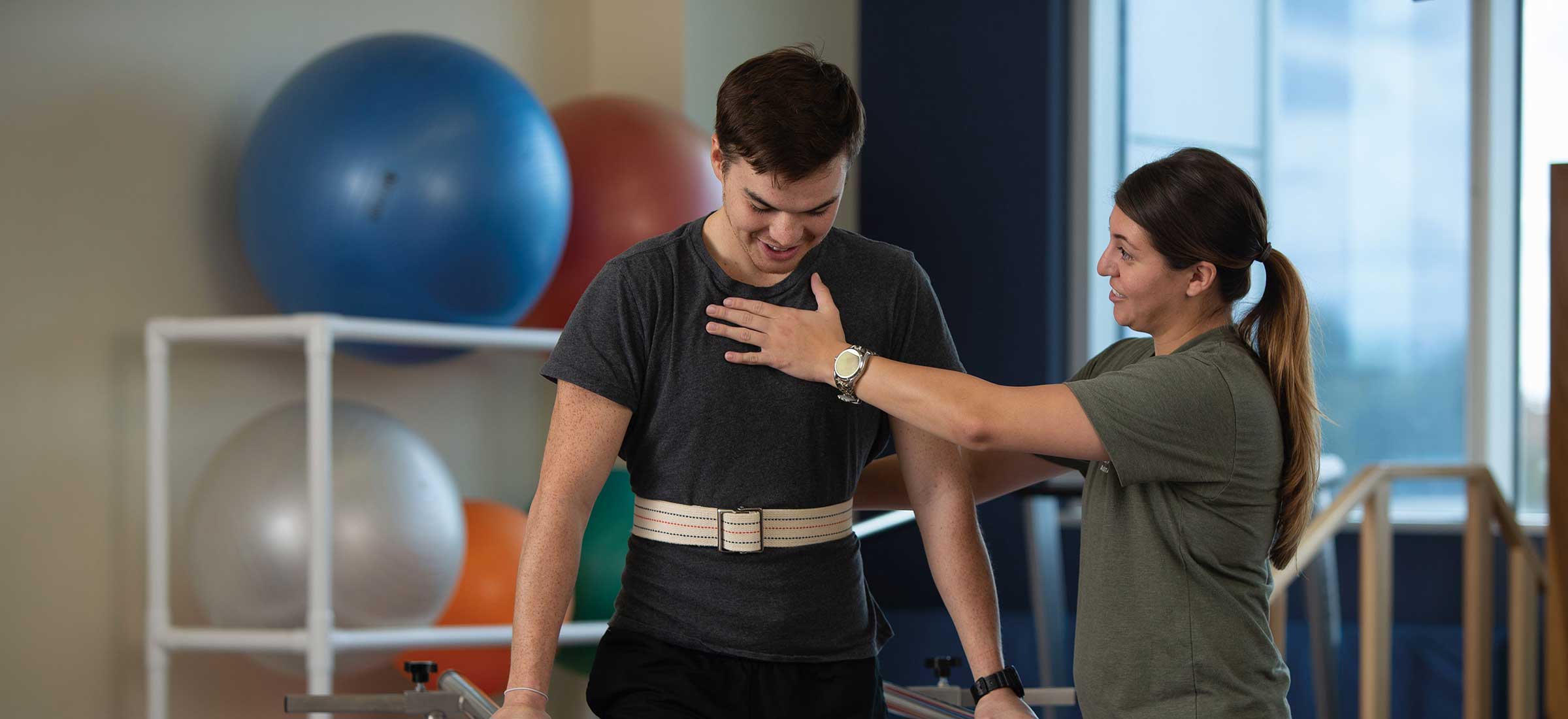Enhancing Healing Via Cardiopulmonary Physiotherapeutic Therapy during the Journey of Post-Surgical Rehabilitation
Enhancing Healing Via Cardiopulmonary Physiotherapeutic Therapy during the Journey of Post-Surgical Rehabilitation
Blog Article
Cardio-pulmonary physiotherapeutic treatment serves a vital role in helping patients heal following surgical procedures, particularly for those who have undergone procedures affecting the heart and pulmonary system. Healing from an operation can be a difficult journey, frequently accompanied by discomfort, exhaustion, and restricted mobility. However, with the right approach and support, individuals can restore their strength and improve their overall health. This type of therapy focuses on enhancing the function of the cardiac system and pulmonary system, which is crucial for a successful healing.
One of the main objectives of cardio-pulmonary physiotherapeutic treatment is to enhance cardiovascular endurance. After an operation, individuals may experience decreased stamina, making daily tasks feel more exhausting. Through a carefully structured fitness program, therapists guide patients in gradually boosting their activity levels. This may include activities such as ambulating, bicycling, or specific breathing exercises. These activities not only help build strength but also boost lung capacity, which is crucial for guaranteeing that the body receives enough air.
Moreover, cardiopulmonary physical treatment highlights the importance of respiratory methods. Many surgical patients may find it difficult with full breathing due to discomfort or restricted mobility. Therapists instruct patients how to perform profound respiratory activities, which can help increase the pulmonary system and clear out any secretions that may have accumulated during the recovery process. Appropriate respiratory methods are crucial to prevent issues such as lung infections, which can occur if the pulmonary system are not operating optimally. By concentrating on these techniques, patients can improve their recovery and general pulmonary health.
Another critical component of this type of therapy is education. Physical therapists provide important insight about the recovery process, including what individuals can anticipate during healing. They clarify how to identify warning signs that may signal complications, helping individuals feel more in charge of their well-being. Comprehending the role of exercise in healing allows individuals to assume an engaged part in their recovery process. This empowerment is essential for building confidence and promoting a positive outlook during recovery.
In summary, cardiopulmonary physiotherapeutic treatment is an integral aspect of post-operative rehabilitation for individuals experiencing cardiac and try this site lung procedures. By focusing on improving cardiovascular endurance, instructing respiratory techniques, and providing education, therapists enable individuals to take charge of their recovery. This specialized therapy not only aids in physical healing but also supports emotional well-being, making the journey of recovery easier and more bearable. With the appropriate support and guidance, patients can successfully regain their strength and go back to their regular lives.